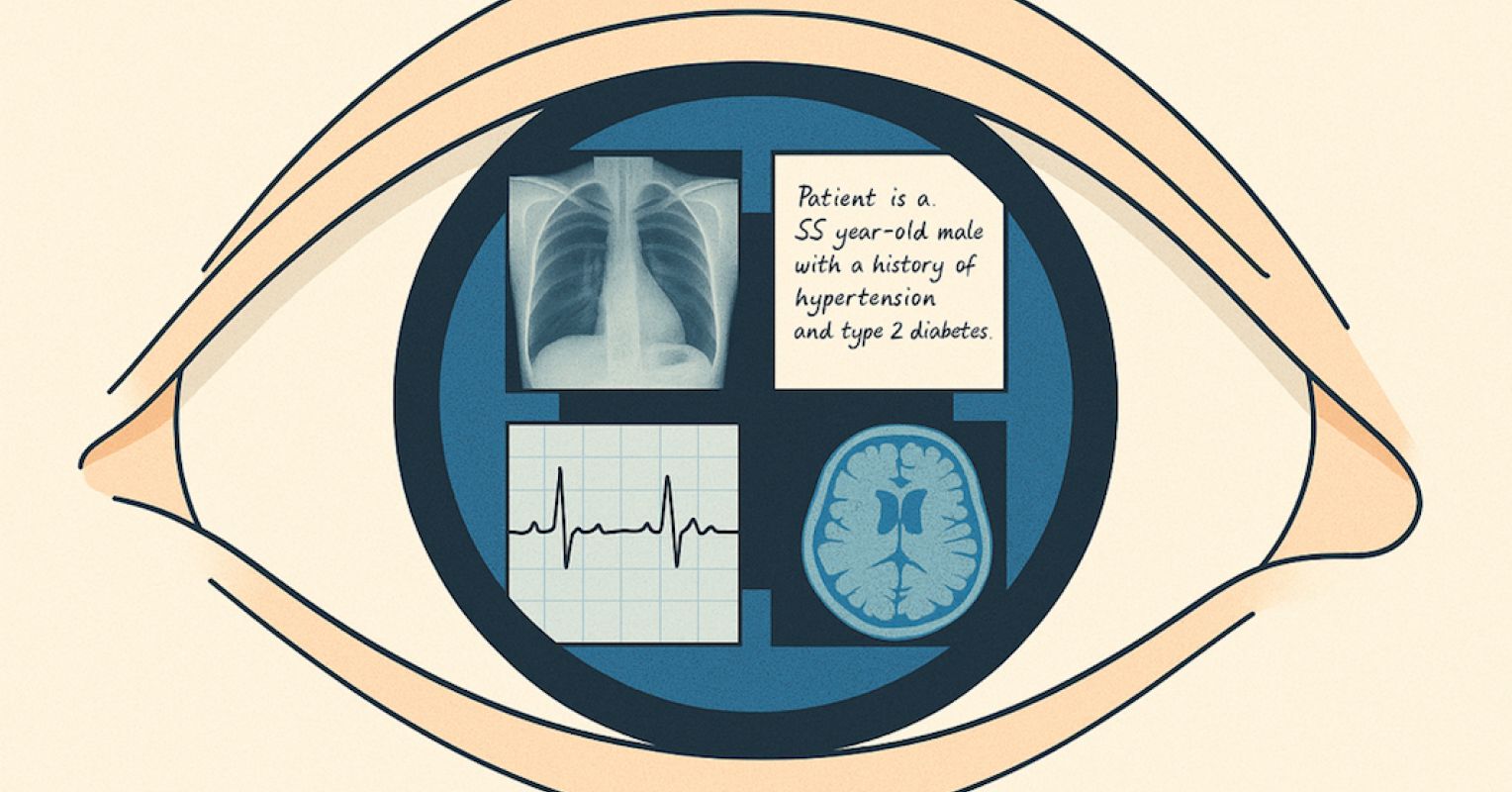
"The simple truth is that medicine is always multimodal. A physician's mind doesn't travel in a straight line, drifting from the patient's story to the CT image, lab values, and clues in a physical exam."
"A new study from Emory University's Winship Cancer Institute indicates that GPT-5 outperformed 'pre-licensed human experts' by more than 24% in multimodal reasoning and nearly 30% in multimodal understanding."
"GPT-5 synthesized complex patient histories, lab results, and medical images to recommend the correct next step in management, showcasing its capability in real-world clinical scenarios."
"Benchmark wins are promising, but conducting real-world trials remains crucial for ensuring safe and effective deployment of AI in clinical settings."
Medicine relies on a multimodal approach, often synthesizing diverse types of evidence. AI has traditionally operated within a limited text-based framework, but a study from Emory University's Winship Cancer Institute shows that GPT-5 successfully integrates complex elements like patient histories, lab results, and medical images. In evaluations, GPT-5 outperformed advanced medical trainees in multimodal reasoning and understanding, demonstrating its potential utility in clinical settings. Although these findings are promising, real-world trials must occur to ensure the safe and effective deployment of AI in medicine.
Read at Psychology Today
Unable to calculate read time
Collection
[
|
...
]